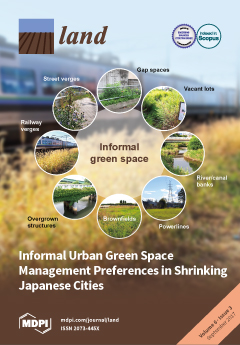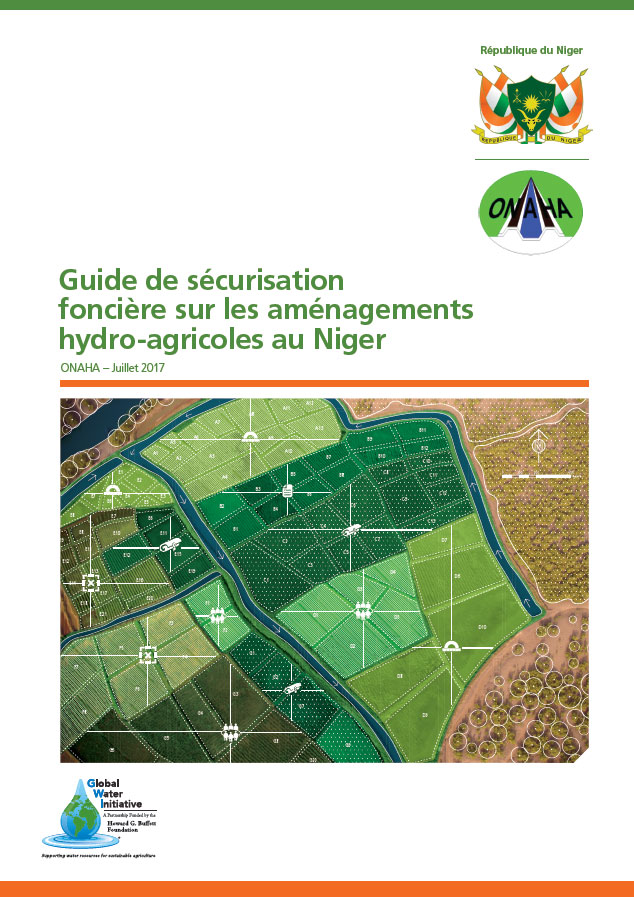Efficiency of Conservation Agriculture Production Systems for Smallholders in Rain-Fed Uplands of India: A Transformative Approach to Food Security
With challenges from global climate change, it is imperative to enhance food production using climate-smart technologies and maximize farm efficiency. Fifty-six households in Rudhiapada and Badamahulidiha, Odisha, India were selected to evaluate farmers’ efficiency using conservation agriculture (CA) cropping system practices. Data envelopment analysis (DEA) and regression analysis were used to estimate farmer efficiency and the determinants of yield.



